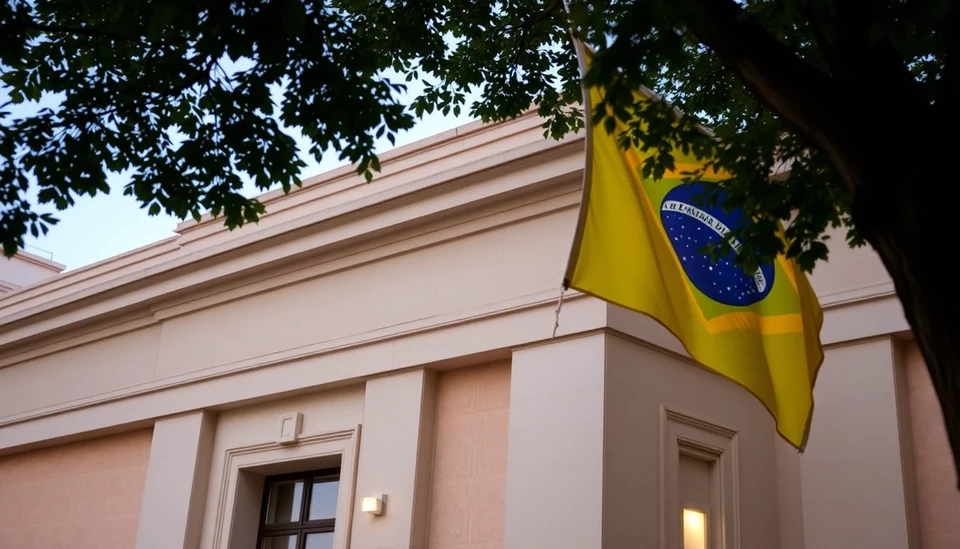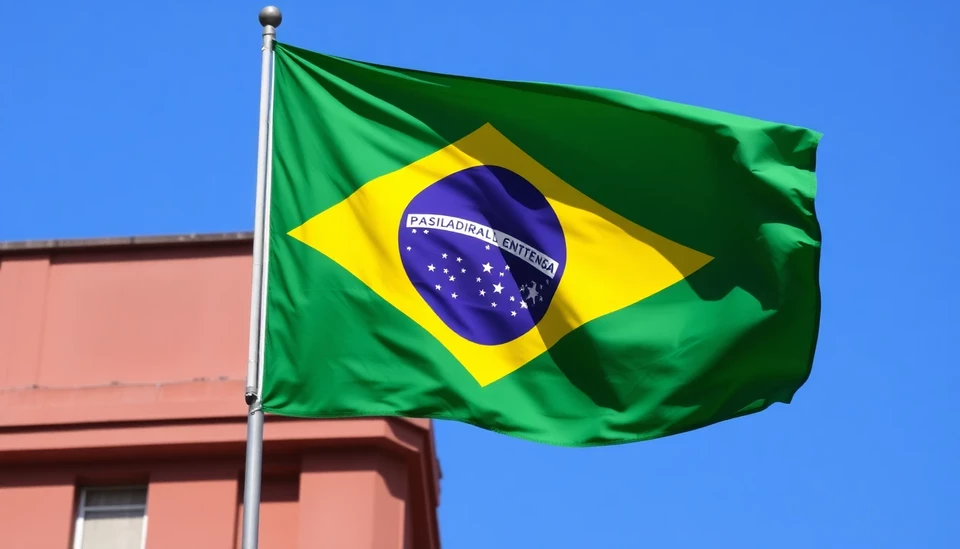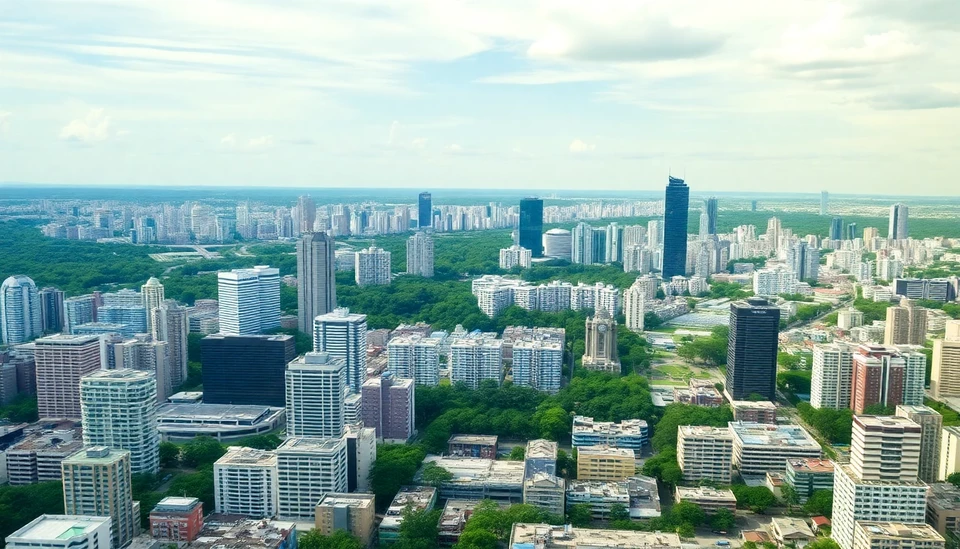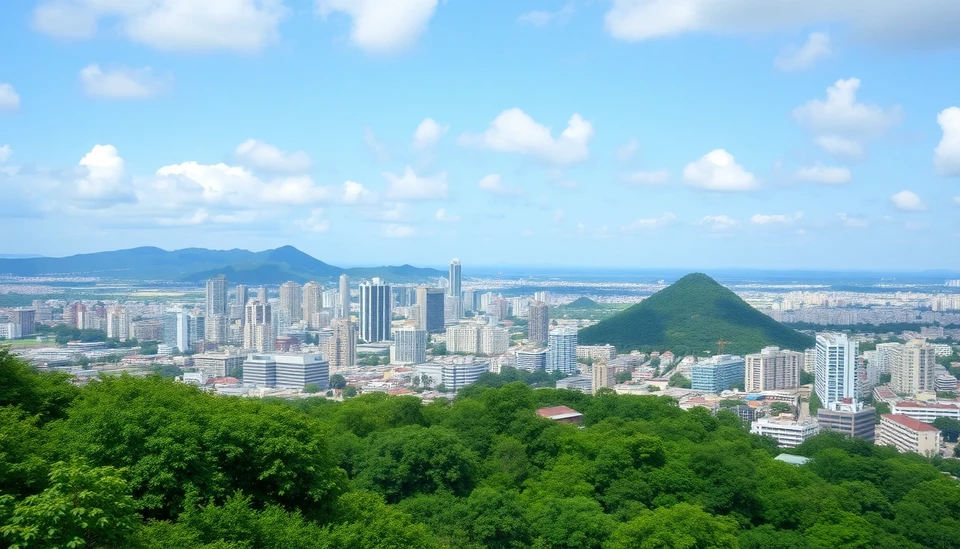
Recent data reveals that Brazil's economic activity is experiencing a notable slowdown, coinciding with aggressive interest rate hikes aimed at taming inflation. The Brazilian Central Bank has raised its benchmark interest rate to 13.75%, marking a significant effort to curb inflationary pressures that have plagued the economy in recent times.
The decline in economic activity is evidenced by a decrease in the economic activity index for November, which fell by 0.2% from the previous month. This decline follows previous months of flat growth and serves as a warning signal for policymakers concerned about the sustainability of the country's economic expansion. Analysts have underscored that such contraction points toward an economy struggling under the weight of rising costs for consumers and businesses alike.
Higher interest rates typically lead to increased borrowing costs, thereby dampening consumer spending and business investments. As a result, many Brazilians are weighing their financial options more cautiously, which is reflected in the lower consumer confidence index. The Brazilian economy, which has shown signs of recovery in the past year, faces a critical juncture as these economic indicators suggest that sustained growth may now be in jeopardy.
Many economists are projecting that the situation could worsen if the Central Bank maintains its aggressive stance on interest rates. They caution that further hikes could lead to a more pronounced economic downturn, significantly affecting both domestic consumption and overall economic output in the coming months. The Bank has indicated that it is committed to its inflation-fighting objectives, even as the economy shows signs of stress.
In addition to high borrowing costs, Brazil's global economic position is increasingly affected by international market dynamics. The country is dependent on commodity exports, which face fluctuating demand and prices in the global marketplace. This dependence adds another layer of complexity to Brazil's economic recovery efforts, making it critical for government officials to strategize effectively to support growth while tackling inflation.
With the landscape of Brazil's economy rapidly changing, market observers will be keenly watching for any shifts in government policy or further economic data that might provide insights into how the country can navigate this challenging phase. The coming months will be pivotal as stakeholders brace for a potential impact on employment rates, consumer spending, and overall economic confidence.
As Brazil grapples with these economic challenges, it is clear that the path forward requires carefully calibrated policies that support growth without compromising efforts to stabilize prices. The broader implications of these economic shifts will resonate within Latin America's largest economy, drawing the attention of both domestic and international investors alike.
In conclusion, Brazil stands at a crossroads. The decisions made today will shape its economic landscape for years to come, and both consumers and businesses will need to adapt to this new financial reality. The resilience of Brazil's economy will be tested in the face of rising interest rates, inflation, and global economic conditions.
#BrazilEconomy #InterestRates #EconomicActivity #Inflation #CentralBank #Finance #MarketTrends #Commodities #ConsumerSpending
Author: Rachel Greene




